First Pages of Best-Selling Novels: The Sword of Summer
For our final post that looks at best-seller first pages, we’re going to take a look at one of Rick Riordan’s Middle Grade novels. Riordan’s novels are hugely popular, playing off mythology. His new series, starting with The Sword of Summer, delves into Norse legends. I know some of you are going to be sad that I’m stopping this series, but I may come back to this later in the year.
I find the cover and title page confusing, because “Magnus Chase and the Gods of Asgard” are in huge letters, implying this is the novel’s title. But “The Sword of Summer” is in smaller lettering at the bottom as well as on the header inside the book. The large phrase seems to be the series title.
Riordan’s stories are fun, effervescent romps with lots of heroes and action and humor. Just the right recipe for young readers looking for escape from math homework.
We looked at literary best sellers that require readers to basically suffer and work hard to enjoy the story, as if that gives the author Brownie points.
Me? I’d rather be wonderfully entertained. One of my favorite novels is The City of Dreaming Books by Walter Moers. I love a great hilarious tale, and an author who can whip up a story with outrageous humor and brimming with character. Riordan is a master at entertaining.
So, release your inner child and take a look at his first page. If you don’t have my first-page checklist, be sure to print it out and use it for your novel’s first page. And for the first page of all your scenes—it will help you remember what’s important to include.
One
Good Morning! You’re Going to Die
Yeah, I know. You guys are going to read about how I died in agony, and you’re going to be like, “Wow! That sounds cool, Magnus! Can I die in agony too?”
No. Just no.
Don’t go jumping off any rooftops. Don’t run into the highway or set yourself on fire. It doesn’t work that way. You will not end up where I ended up.
Besides, you wouldn’t want to deal with my situation. Unless you’ve got some crazy desire to see undead warriors hacking one another to pieces, swords flying up giants’ noses, and dark elves in snappy outfits, you shouldn’t even think about finding the wolf-headed doors.
My name is Magnus Chase. I’m sixteen years old. This is the story of how my life went downhill after I got myself killed.
My day started out normal enough. I was sleeping on the sidewalk under a bridge in the Public Garden when a guy kicked me awake and said, “They’re after you.”
By the way, I’ve been homeless for the past two years.
Some of you may think, Aw, how sad. Others may think, Ha, ha, loser! But if you saw me on the street, ninety-nine percent of you would walk right past like I’m invisible. You’d pray, don’t let him ask me for money. You’d wonder if I’m older than I look, because surely a teenager wouldn’t be wrapped in a stinky old sleeping bag, stuck outside in the middle of a Boston winter. Somebody should help that poor boy!
Then you’d keep walking.
Whatever. I don’t need your sympathy. I’m used to being laughed at. I’m definitely used to being ignored. Let’s move on.
Why This Works
So, let’s go through the checklist:
Opening Hook: Great hook. The hook really is in the fun chapter heading: Good Morning! You’re Going to Die. The character then pops off the page and talks to the reader and mentions how he’s going to die in agony, in a very snarky humorous tone.
Introduction of main character in first few lines: Yes, we get introduced to Magnus via first person from the get-go. He’s very engaging and personable, and pulls the reader right in with his conversational style.
Starting the story in the middle of something that’s happened (or happening): Clearly Magnus is going to die and that’s what he’s about to talk about.
A nod to setting; avoid excessive exposition or narrative: No boring narrative. We learn it’s Boston and it’s winter. We don’t see any setting yet, other than a brief mention of a bridge in a park. But it’s plenty enough to picture.
A catalyst, inciting incident, or complication introduced for your character: He’s about to die in some crazy agonizing way. And his “situation” involves all kinds of danger and stakes.
A hint at character’s immediate intentions: His intention is to tell his story, tell how and why he died and what happened after that. What his intention is other than that, we don’t know.
A hint at character’s hidden need, desire, goal, dream, fear: That’s not clear. But we sense an adventure at hand and trust all that will be revealed.
Unique voice/writing style: Riordan’s style is wonderfully unique and engaging. His character speaks to the reader in a very personal way.
Setting the tone for the book: The character’s voice sets the tone clearly.
A glimpse at character’s personal history, personality—shed light on motivation: We get a strong feel for Magnus’s personality. His motivation isn’t clear, and we only know he’s sixteen, homeless, and previously dead (or something like that).
Hint of character’s initial plot goal: Not clear.
A course of action/decision implied. Introduction of high stakes/dramatic tension: High drama implied when he talks about the undead warriors hacking one another to pieces, swords flying up giants’ noses, and dark elves in snappy outfits. We don’t know a thing about the why or what of the story, but we’re promised an exciting ride.
Good pacing; jump right into present action: The present action is Magnus talking to the reader, so while he’s not actually “doing anything,” this one-sided conversation is “live.” And then the backstory begins in action, not narrative.
- One characteristic to reveal that makes your character heroic and vulnerable: His upbeat and cavalier attitude about the dangers he faces makes him heroic. His vulnerability is shown in his honesty and how he’s endured being ignored and laughed at for being homeless.
- One element of mystery, something hinted at that raises curiosity: How has his life gone downhill since he died?
- One element out of the ordinary, unusual, that makes the book different/stand out: The engaging way the character talks to the reader, tells his story in an inclusive manner.
- Concise, catchy dialogue (if in the first scene) that is not boring or predictable: The little bit of speech is stylized and appropriate for this genre and audience. But what’s catchy is his character voice, which feels like dialogue.
- A hint at theme: It’s assumed there will be big heroic themes in this story involving bravery and standing up against wrong and all that.
What Could Have Been Better
This book makes me want to be a kid again. Oh wait, I guess I can be, just by letting myself go and enjoying the fun in these pages. Riordan is kind of a Piers Anthony for the younger set. I’ll be the first to say that we need more humor in our lives. We need to laugh more. Books like this are good for readers of any age.
I thoroughly love the intimacy of Magnus’s character, the way he gets in the reader’s face, speaking to him/her/us as if we are right there in the room with him, eager to hear his story. Want some fun? Just read his Table of Contents for this book. The chapter headings alone make me crack up.
I’m hard pressed to find something I don’t like about this first page. If anything, it feels a bit plopped into the page when he says his name and age. I flash on those political campaign commercials that end with someone saying “My name is John Smith, and I endorse this commercial.”
Since Magnus’s name is mentioned in the first paragraph, he doesn’t have to state it (even though he gives his last name, but we can learn that later). Also he could put the fact that he’s sixteen years old in another way. Maybe by adding his age here: “You’d wonder if I’m older than sixteen . . .”
I also don’t think he needs to say “This is the story of …” I’d go for something more like this:
“Well, my life really went downhill after I got killed, though that day started out normal enough.”
I could use a touch more setting and feel how cold and miserable he is sleeping on the sidewalk. Seriously, Boston in winter? That sidewalk is going to be a world of pain.
And he drops in that line “They’re after you,” then just moves one from there. Yes, a full page later he gets back to the scene and shows Magnus waking and asking, “Who’s after me?” Then he’s full speed into showing the scene play out. I think interjecting the bit about being homeless, while powerful in many ways, interrupts the action too much. If anything, I’d put that section in before he gets woken up and told someone’s after him.
But that’s pretty much all I’ll suggest, and those are minor issues, to me.
I think we writers can all learn something great from this first page—the power of a unique and engaging character. Magnus’s personable style, quirky personality, and obvious enthusiasm are like a splash of cool water in the face.
Your thoughts on this first page?
While I would love to continue these looks at first pages indefinitely, they require many hours of work to put together, and I can no longer keep up with my blog or my life at this rate! I hope you’ve enjoyed and benefitted by these six months of first pages. (Next week I’ll go over some of my conclusions about best-seller first pages, so be sure to share your opinions on them as well!)
Have these looks at first pages helped you? Made you wonder what could be better in your opening scene to engage your reader, nail your genre, and set up your premise?
Why not invest in a ten-page critique? With dozens of comments and suggestions, this may be just the feedback you need to give you an idea of your writing strengths and weaknesses. It’s only $100 US, which is a great deal for the feedback you get.
You can upload your Word doc and pay HERE for your critique. I usually can fit in a ten-pager within a couple of days. Don’t wonder if you are on track. This is a great first step with your WIP. If you’re hesitant, just read some of the testimonials on the right side bar.
I’m here to help you become the best writer you can be!
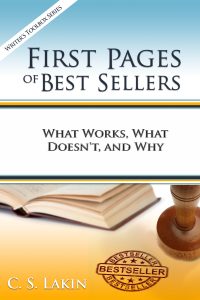 Want to read all the analyses of best-seller first pages on Live Write Thrive?
Want to read all the analyses of best-seller first pages on Live Write Thrive?
Get the compiled collection of posts, along with additional insights and instruction that will help your first pages rock!
First Pages of Best Sellers: What Works, What Doesn’t, and Why is available in Kindle ebook and paperback! Get yours HERE!

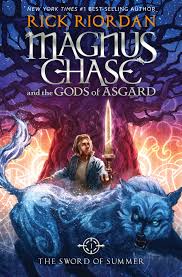
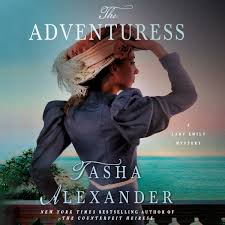

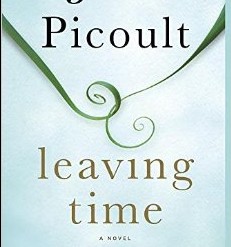

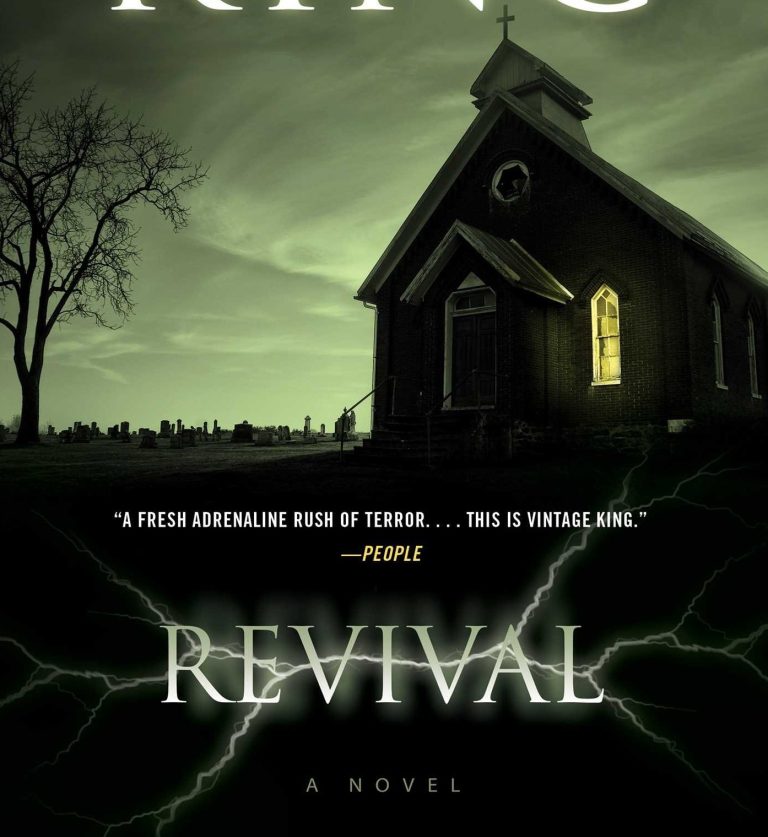
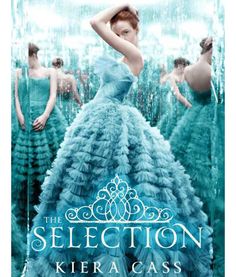




Thank you for this review and for providing the first page checklist. I’m sure that it will prove to be very helpful.